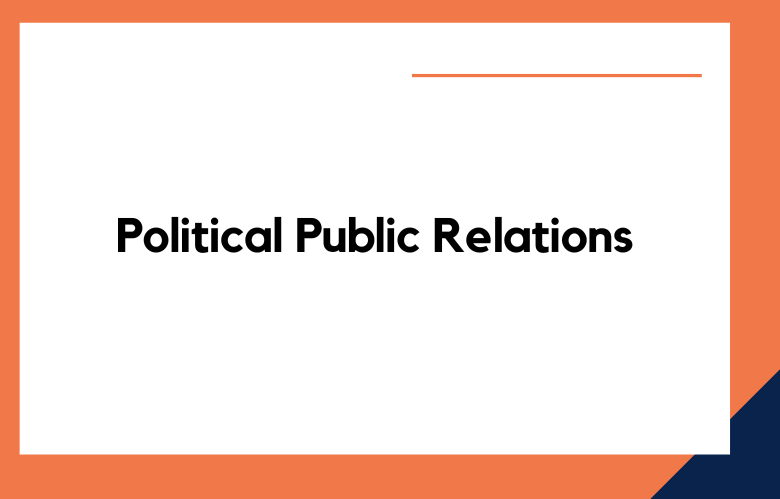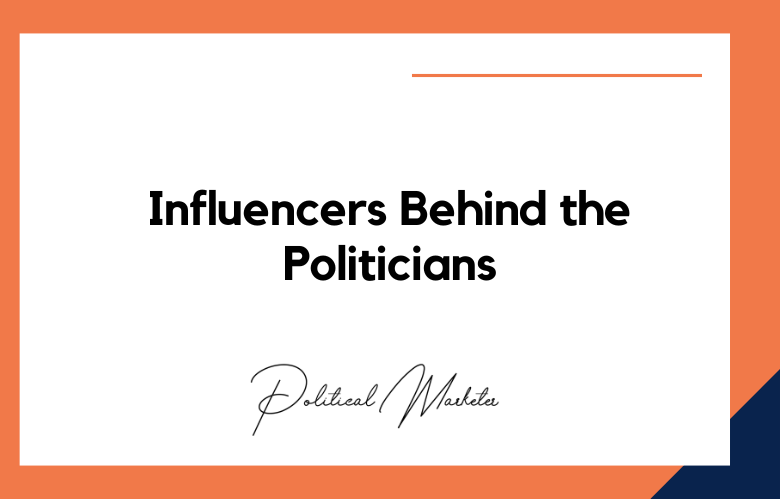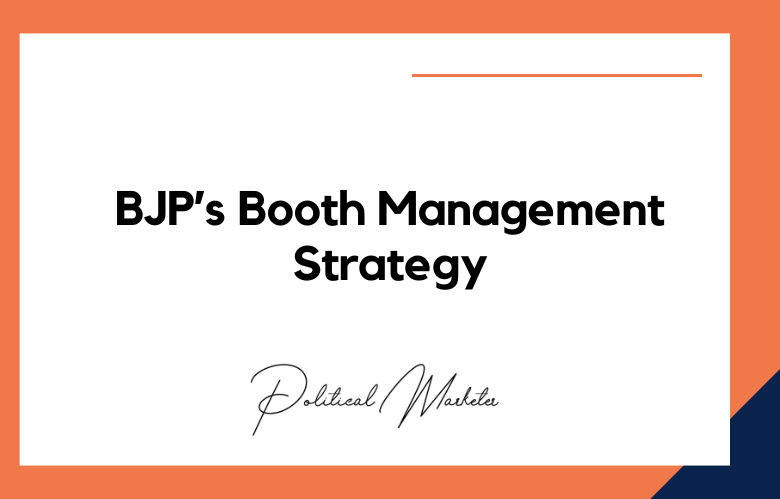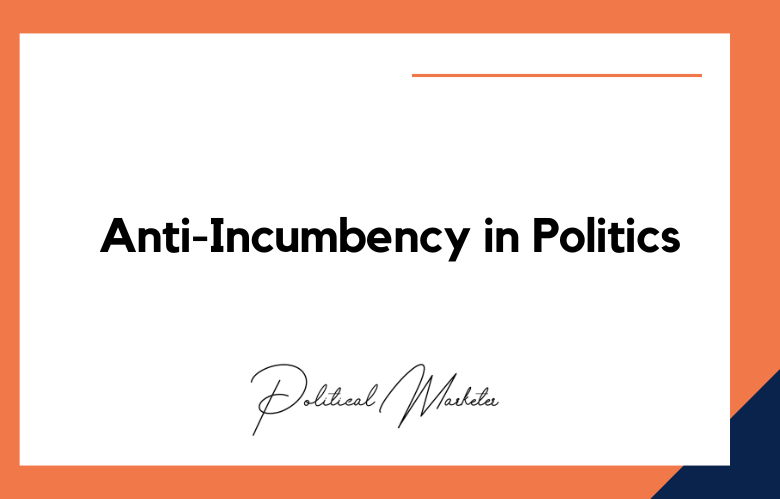In recent years, the world of artificial intelligence has been evolving rapidly, with new technological breakthroughs that have completely transformed several industries. One of the most significant advances has been in generative artificial intelligence, which allows machines to produce new and original content, from music and art to writing and speeches. While this technology can potentially revolutionize many sectors, its impact on political public relations has been debated. We explore the rise of generative AI and its potential implications for political public relations.
The Next Big Thing in Political Public Relations: Exploring Generative AI
Artificial intelligence (AI) technology has become increasingly popular in every industry, and political PR is no exception. Generative AI, a subset of AI, has revolutionized how campaigns and public relations teams function.
Utilizing generative AI technology, political parties can create more personalized, effective campaigns tailored to specific demographics. We will explore the impact of generative AI on political public relations and the possible outcomes that may occur in the next few years.
First, let us define generative AI. Unlike other forms of AI, generative AI uses a complex algorithm to learn how to generate new content based on the data it is trained on.
In political public relations, generative AI technology allows teams to create hyper-personalized content tailored to each voter. This kind of content enhances the effectiveness of persuasive communication by making voters feel seen, heard, and valued.
Impact of Generative AI on Society and the Democratic Process
The impact of generative AI on society and the democratic process is a matter of concern. There is a fear that this technology can be used to create fake news and manipulate public opinion.
Generative AI can create a sense of distrust in the media and the democratic process. If citizens feel they need to be informed accurately or are being manipulated, the consequences can be disastrous.
However, generative AI can be a powerful tool for political public relations if used responsibly. It can create compelling messages that resonate with voters and help candidates run more efficient campaigns. It can also reach new audiences and create more personalized campaigns.
Benefits of Generative AI and the Impact on Political Public Relations
Customization of Content
One of the significant impacts of generative AI on political public relations is the ability to customize content to fit an individual’s preferences. Political campaigns have traditionally been characterized by uniform messaging that targets specific demographic groups.
However, generative AI has enabled politicians to create nuanced and tailored messages that speak directly to an individual’s interests, political views, and values. This creates engagement and trust among voters, leading to political support.
Improved Immersive Experiences
Another impact of generative AI is the creation of immersive experiences. Politicians and their campaigns can use generative AI to create more immersive experiences that allow voters to connect with their campaigns.
For instance, political rallies can now be virtual, allowing voters to engage with their preferred candidate’s messages at their convenience.
The AI technology can also be incorporated into various interactive tools, such as social media filters, games, and simulations. These tools facilitate greater voter engagement with the political campaigns, increasing their reach and effectiveness.
Cost-Effective Campaigns
Another notable impact of generative AI technology in political communication is the reduction of campaign costs. Traditionally, political campaigns have been marred by high marketing and advertising expenses, especially in creating content.
However, generative AI has enabled content creation with little human intervention, minimizing the costs associated with human labor. It ensures that the content produced is consistent and accurate.
The Challenge of Misleading Information
One of the significant challenges associated with using generative AI in political public relations is the issue of misleading information.
If appropriately monitored, generative AI can create and disseminate false information, potentially distorting public opinion and leading to the electorate making accurate and informed decisions.
This can be disastrous for democratic processes. As such, regulatory frameworks are needed to guide the proper use of generative AI in political communication.
Enhanced Voter Surveillance
Another contentious challenge resulting from generative AI in political public relations is enhanced voter surveillance.
The technology can collect vast voter data, including psychological traits, social behaviors, and political views. In the wrong hands, this information can influence or manipulate voters.
As such, it is essential to establish robust privacy and data protection mechanisms that safeguard the voters’ rights and confidentiality.
Best Practices for Generative AI and the Impact on Political Public Relations
The Promise of Generative AI
Generative AI is changing the game by allowing computers to create novel and original material at a pace that no human being could ever replicate. The technology has already been used to produce music, visual art, and even whole texts and speeches.
In the world of public relations, this technology could offer a new level of sophistication when crafting speeches, communications, and other PR materials.
For instance, by analyzing a politician’s previous speeches, generative AI could generate new content in the same style and tone, saving time and effort while maintaining the message.
The Risks of Generative AI
While the potential for generative AI in politics is vast, several risks are also involved. For instance, as these technologies can produce content that is difficult to differentiate from that written by humans, generative text might be used maliciously to spread fake news or disinformation.
This could be done by producing text or speeches that seem genuine but contain hidden messages to manipulate the reader. There is also a question of authenticity: Can we trust AI-generated content to accurately represent the politician or political party?
Human Touch in Politics
Another issue to consider is the traditional appeal of politics’s human touch. Politics is an emotional business and much of the inspiration and passion that political speeches evoke come from being spoken and delivered by a human being.
While generative AI can produce high-quality content, it can never replicate a politician’s unique style and personality on the campaign trail.
The Future is Hybrid
There is no doubt that generative AI is an exciting innovation with the potential to change the world in unimaginable ways. However, it is essential to acknowledge that it is still in its early stages.
The future of PR and politics will likely involve a hybrid approach in which AI assists rather than replaces humans. By using generative AI to support and enhance the efforts of PR teams, content writers, and politicians, we can develop a more robust and persuasive suite of messaging and materials.
The Future of Political Public Relations Generative AI
Political public relations has come a long way since its inception decades ago. The techniques used to influence public opinion have evolved with the rise of technologies and social media.
The complexity of political communication has increased, and citizens’ expectations have become more diverse.
With the emergence of generative artificial intelligence (AI), political public relations could be revolutionized. In this blog post, we will delve into the impact of generative AI on political public relations, how it works, and its potential pros and cons.
Generative AI is a type of AI that can autonomously produce outputs indistinguishable from those made by humans. It can generate text, images, videos, and even audio that sound and look like humans created them.
This technology has the potential to streamline many aspects of political public relations. One of the most significant benefits of generative AI is automation. Political parties and politicians can use this technology to create quality content at scale while saving time and money.
Conclusion
The rise of generative AI is an exciting development that can change the world of political public relations.
However, we must know this technology’s potential and risks in order to use it appropriately.
Using generative AI to augment the creativity and authenticity of political PR efforts, we can create campaigns that resonate with the voters and achieve the desired outcomes. The future of political PR is bound to be an innovative blend of human and machine, with AI amplifying human skills and creativity.
Frequently Asked Questions (FAQs)
What is generative AI in the context of political PR?
Generative AI refers to tools that create original content, such as speeches, articles, videos, or images, that is used to shape political narratives and public relations strategies.
How is generative AI changing political communication?
It enables rapid content production, personalized messaging at scale, real-time campaign adaptation, and creative storytelling through various formats.
Can generative AI write political speeches and statements?
Yes, it can draft speech outlines or full texts, which human teams can refine for tone, accuracy, and alignment with party values.
What are the risks of using generative AI in political PR?
Risks include the spread of deepfakes, misinformation, plagiarism, biased narratives, and the erosion of trust in authentic communication.
How can political campaigns use AI-generated videos?
AI tools can create explainer videos, candidate intros, or animated policy breakdowns that simplify complex issues and boost engagement.
Is generative AI used for social media campaigns?
Yes, it can automate tweets, generate image captions, write threads, and create optimized visuals or memes for each platform.
Can AI-generated content replace human PR teams?
Not entirely. AI can assist with scale and speed, but human oversight is essential for nuance, context, and ethical compliance.
What ethical challenges come with generative AI in politics?
Concerns include manipulating public opinion, ensuring the authenticity of voices, obtaining consent to use content, and ensuring transparency in AI-driven narratives.
How does generative AI support multilingual outreach?
It enables translation and localization of campaign material across languages, including voice cloning and regional language adaptation.
What tools are commonly used for generative political content?
Popular tools include ChatGPT, DALL·E, Synthesia, Jasper, Copy.ai, and AI video generators like Runway or Pictory.
Can AI-generated images be used in political advertising?
Yes, they are used for ad banners, thumbnails, or visual storytelling, though disclosure and accuracy are important to avoid deception.
How does generative AI help during election crises?
It offers rapid-response content, real-time clarification of misinformation, and scalable rebuttals across media channels.
What role does AI play in media pitches and press release generation?
AI can create well-structured press drafts, headlines, and media briefs based on prompts or previous communication patterns.
Are AI-generated deepfakes a threat to political PR?
Yes, they can be weaponized to impersonate politicians, spread fake speeches, or mislead the public, undermining PR efforts.
How can PR teams detect and counter fake AI-generated content?
Using AI detection tools, watermarking techniques, fact-checking partnerships, and real-time content verification protocols.
Can generative AI improve voter engagement?
Yes, by personalizing content, creating interactive tools, and generating relatable stories that resonate with different audience segments.
Is disclosure necessary when using AI-generated content in campaigns?
Absolutely. Transparency builds trust and helps audiences understand the role of automation in campaign communication.
How are regulators responding to generative AI in political PR?
Governments and platforms propose policies requiring labeling, content audits, and accountability for AI-generated material in political campaigns.
Can generative AI help build political candidate branding?
Yes, it can assist in creating consistent visuals, messaging frameworks, and persona development across campaign channels.
What is the future of generative AI in political public relations?
It will become integral to campaign infrastructure, driving creative automation, real-time messaging, narrative testing, and audience segmentation with increasing precision.











